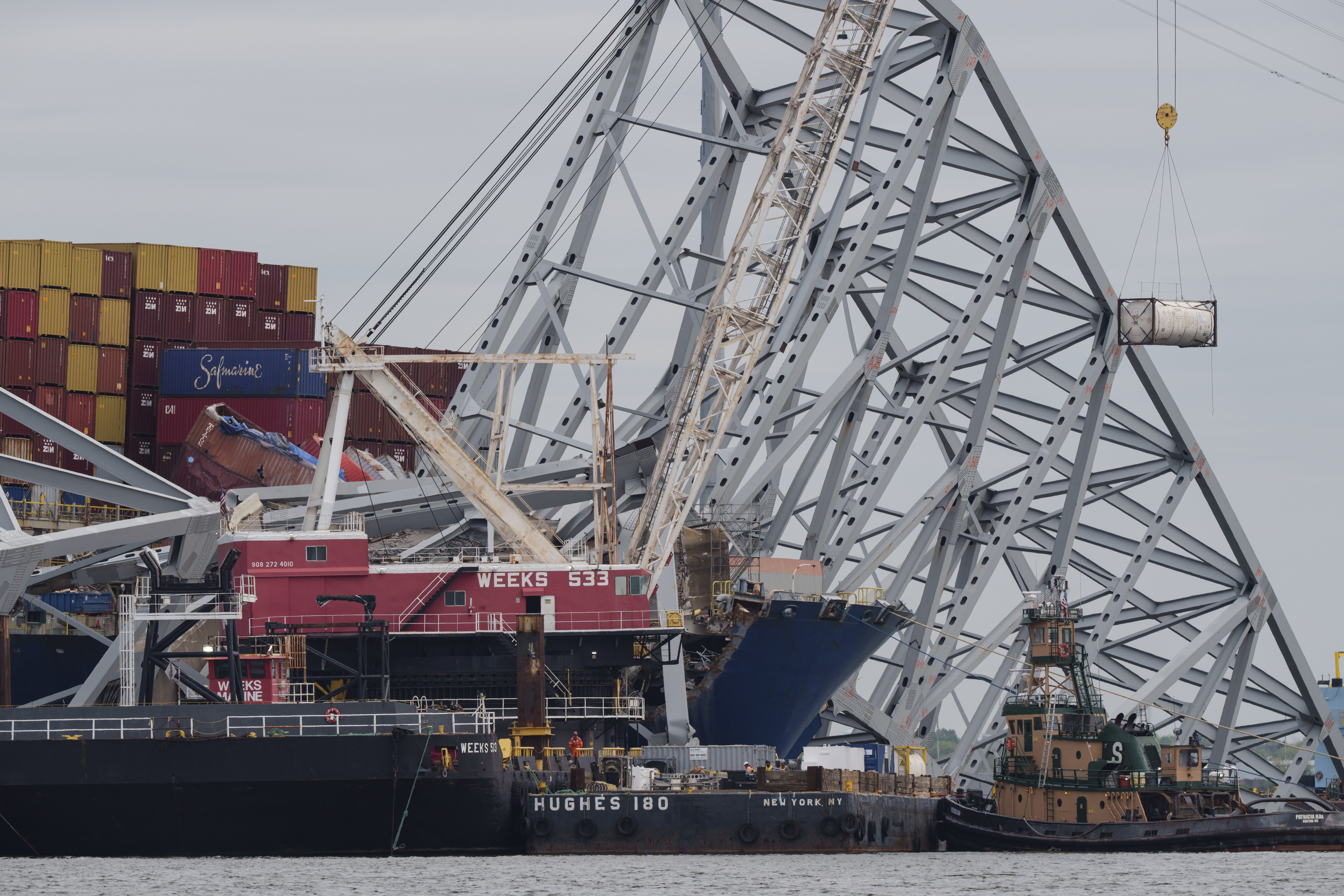SINAN SALAHEDDIN
Associated Press
BAGHDAD (AP) — The split is growing between Iraq’s central government and the Kurds after the autonomous Kurdish administration for the first time unilaterally sold oil from their region in the north, a symbolic show of economic independence from Baghdad that could build momentum for an outright break.
The Kurdish north has feuded with the Baghdad government for years over control of oil fields in the autonomous region, but it was not until January this year that the Kurds began exporting its oil to Turkey independently of the central government. A week ago, it went a step further and sold the oil itself from a Turkish port, keeping the revenues.
The Oil Ministry in Baghdad this week denounced the sale as “smuggling” and a violation of Iraq’s sovereignty. Prime Minister Nouri al-Maliki called it “akin to robbery.”
The Kurdish region’s prime minister, Nechervan Barzani, vowed to continue sales. The region’s policy “is to never take a step backward,” he told Kurdish lawmakers this week. He said his government wants a solution with Baghdad, but repeated threats to hold an independence referendum in the north.
“We have other alternatives,” he said. “We will not stop here.”
Pro-independence sentiment has long been strong in the Kurdistan, the three-province territory in the north that is the heartland of Iraq’s ethnic Kurds. But since the 2003 toppling of Saddam Hussein in a U.S.-led invasion, Kurds have largely sought to carve out a role within a federal Iraq, where they make up 20 percent of the mostly Arab population. Iraq’s president is a Kurd, and Kurdish parties have joined ruling coalitions dominated by Shiite parties, despite repeated disputes over lands, resources and power-sharing.
Tensions with al-Maliki have grown sharply since the withdrawal of U.S. forces in late 2011, with Kurds accusing the Shiite prime minister of consolidating power for himself. In parliament elections earlier this month, al-Maliki gained enough seats in theory to form a coalition of Shiite parties without any Kurds.
When the Kurds began moving oil to Turkey independently in January, the Baghdad government retaliated by cutting off the 17 percent share of the state budget — some $20 billion in this year’s projected budget — that is supposed to be given to the Kurdish region, creating an acute financial crisis there.
With the sale last week of nearly 1.05 million barrels of oil, “the Kurds want to end Baghdad blackmail,” said Ghassan al-Attiyah, chairman of the London-based Iraq Foundation for Development and Democracy.
But the sale “further deepened the rift in a way that puts the independence of Kurdistan a matter of time and not a matter of principle anymore.”
Washington warned the move could threaten Iraq’s stability, saying exports should be with the appropriate approval of Baghdad. State Department spokeswoman Jen Psaki said all sides should “help the country pull together and avoid actions that might further exacerbate divisions.”
Even the Kurdish region’s second major party criticized the sale. The Patriotic Union of Kurdistan led by Iraqi President Jalal Talabani has long argued the Kurds’ future lies with Baghdad.
Kurdistan and the mainly Shiite south are Iraq’s two main oil-producing regions. The Kurds claim their region holds reserves of 45 billion barrels, though that figure cannot be confirmed independently. They say they plan to produce 1 million barrels per day by 2015 and 2 million per day in 2019. Without Kurdistan, the rest of Iraq produces about 3.5 million barrels daily.
Currently, Kurdistan’s daily production is around 220,000 barrels, almost half of which is pumped to Turkey for eventual export, according to a Kurdish oil official, who spoke on condition of anonymity as he was not authorized to brief media.
Kurdistan has more than 50 of its own deals with international firms on developing its oil fields — much to the anger of Bagdad.
Its oil was shipped for years through a Baghdad-controlled pipeline to Turkey’s Mediterranean port of Ceyhan, with the revenues going to Iraq’s central budget. But shipments halted repeatedly in fights over revenue sharing.
So in January, the Kurds began shipping through a separate pipeline built in an agreement with Turkey. The oil is stored in Ceyhan, and last week’s sale from it was the first. The government accused the Kurds of previously selling oil shipped out by truck to Turkey. The Kurds deny this, saying they have only traded small amounts for refined oil products.
Baghdad has appealed to the Paris-based International Chamber of Commerce against Turkey and vowed to sue the Kurdish region and the traders and buyers involved.
The sale may be in part a negotiating tactic by the Kurds to win a strong role in al-Maliki’s next coalition government, said Sam Wilkin, a Dubai-based analyst at Control Risks Group. “The Kurdish parties are now trying to define their conditions and their position ahead of those negotiations.”
But Barzani’s government may have trouble backing down now. In February, Baghdad offered a deal by which Kurdish oil would continue to move through the separate pipeline with revenues going into the national budget. The Kurds refused, insisting they want profits put in a separate account.
“I find it unlikely, frankly, that Baghdad will make a more generous offer,” said Kirk H. Sowell, publisher of Inside Iraqi Politics, a risk analysis newsletter.
_____
Follow Sinan Salaheddin on Twitter at https://twitter.com/sinansm
Copyright 2014 The Associated Press. All rights reserved. This material may not be published, broadcast, rewritten or redistributed.







